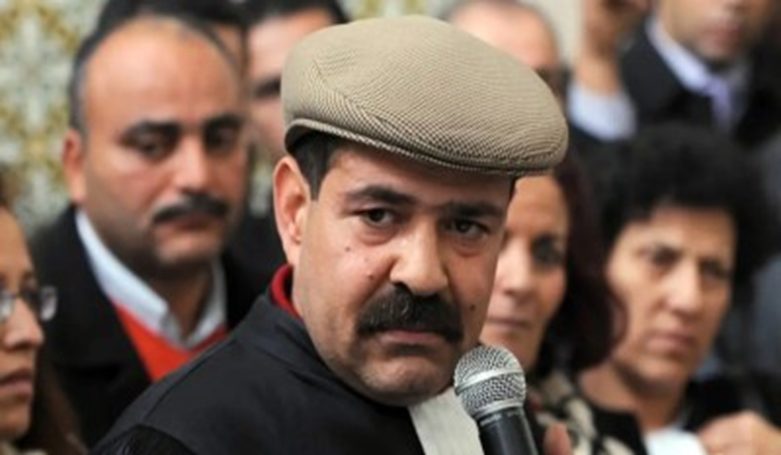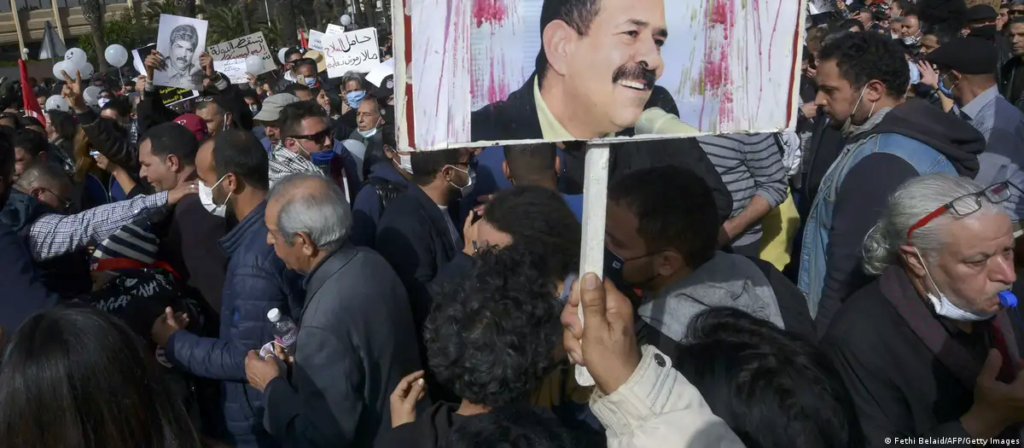In the case of Chokri Belaid’s assassination, the Tunisian judiciary sentenced four defendants to death

After 11 years of investigations and long hours of deliberations, the Tunisian judiciary issued its ruling in the case of the assassination of Tunisian opposition figure Chokri Belaid in 2013, sentencing four defendants to death and two others to life imprisonment, while prison sentences ranging from two years to 120 years were issued to other defendants, according to What was announced by the judge of the Judicial Pole for Combating Terrorism, yesterday, Wednesday, during a press conference broadcast by the Tunisian National Channel 1.
In total, 23 people were charged with the assassination of lawyer Chokri Belaid (48 years old), who was an opposition figure, inside his car and in front of his house on February 6, 2013.

The assassination of Chokri Belaid, as well as MP Mohamed Brahmi, another opposition figure, six months later, shook Tunisia and sparked a deep political crisis and major street demonstrations. The families of the murdered dissidents and their defense team have repeatedly accused political parties and some judges of obstructing the search for the truth to protect the guilty.
Two years ago, Tunisian President Kais Saied received Saleh Belaid, Chokri Belaid's father, and his brother, Abdelmadjid, at the Carthage Palace, stressing the need to expedite the accountability of those involved in his assassination.

Saeed has often made "veiled accusations against the parties that ruled during the past decade, especially the Ennahda movement, of involvement in corruption and terrorism cases." After taking exceptional measures on July 25, 2021, the security services launched an arrest campaign that included an important number of the movement’s leaders, including Rashid Ghannouchi.
Source: websites

